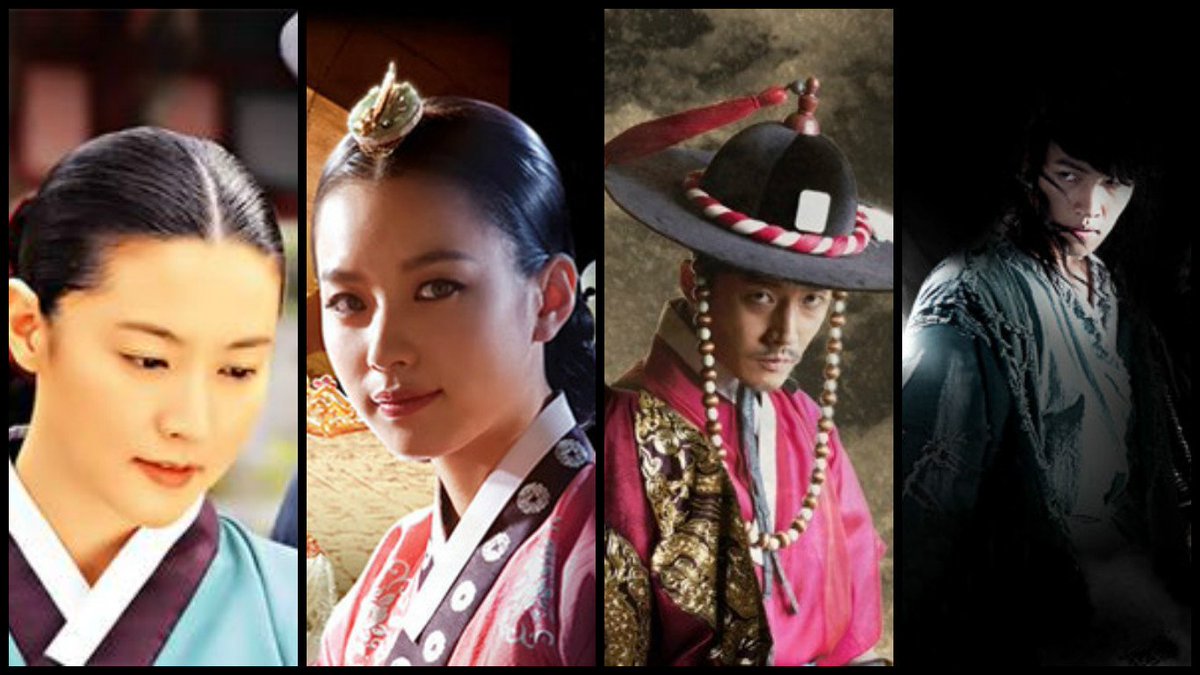argues that a sage is a kind of moral exemplar. Moral exemplars are people that can teach us about morality, not so much in what they say but in the kind of person they are 5/
* the hero, who inspires us by their great courage
* the saint, who inspires us by their self-sacrifice and spiritual lifestyle
* the sage, who inspires us by their wisdom, wise deeds and wise decisions particularly 6/
biographyonline.net/women/sophie-s…



